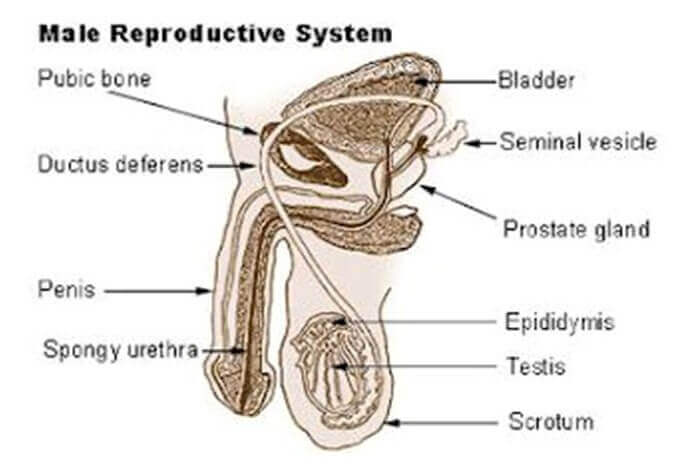
Discover how our advanced azoospermia surgery techniques can help restore fertility

A revolutionary surgical technique called Micro TESE has been developed to identify sperm in the testicles of men who experience poor sperm production, a condition known as non-obstructive azoospermia. Prior to the advent of intracytoplasmic sperm injection (ICSI), these men were considered unable to father children.
Currently, the most reliable diagnostic method is a testicular biopsy. This minimally invasive procedure takes approximately 30 minutes and involves creating a small opening in the testicle to extract a tiny piece of tissue, similar in size to a grain of rice.
These various procedures are utilized to retrieve sperm from the testes in specific cases of male infertility. They are commonly performed in instances of obstructive azoospermia, whether it is congenital or acquired due to factors such as infection or vasectomy. These procedures are considered minor and are conducted under local anesthesia on the same day that the female partner’s eggs are retrieved.
If sperm is not present in the ejaculate, it indicates the possibility of either a blockage or obstruction in the reproductive tract, or insufficient sperm production to reach the ejaculate. The blockage can be caused by factors like prior infection, surgery, prostatic cysts, injury, or congenital absence of the vas deferens (CAVD). With the exception of congenital absence, most cases of obstruction can be repaired through microsurgical or endoscopic reconstruction.